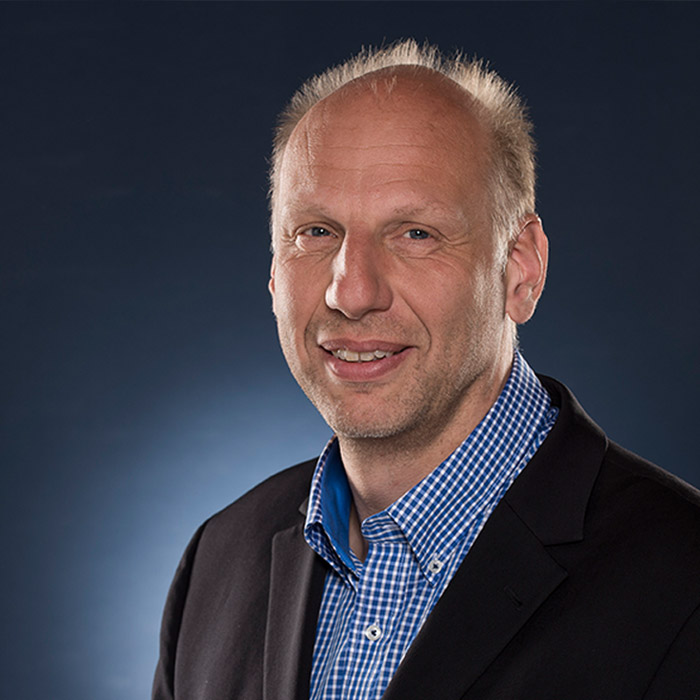What area are you working in?
I work on improving processes in logistics systems by using quantitative modeling tools and solution concepts from mathematics.
My main areas I work in are Supply Chain Analytics, Intralogistics and Production, Health Care, Transportation and Mobility and Next Generation Logistics.
Which industries do you support with your research?
Research projects involve the private as well as the public sector.
We (my group and me) work with companies in discrete production as well as with the process industry. Also consulting companies and software developers are project partners. We also like to work with and support start-ups. Hospitals and other medical institutions are involved in projects in the Health Care area.
Thinking about your research area and the influences on industry, environment, or the society, what are the risks/what are your worrying about?
My main concern is the separation of people understanding new technologies and people only using it. Especially in AI, people are needed who can understand if a solution is useful or not. Otherwise there is a risk that algorithms are not questioned, and software tools can overrule managerial decisions. This is why we need managers with technical, logical, ethical, economical skills and personality more than ever.
Thinking about your research area and the influences on industry, environment, or the society what are the opportunities, what makes you feel optimistic?
If people are willing to put some effort in understanding the benefits of modern algorithms and decision support, we have the chance to be well prepared for whatever the future brings. Already now we can handle extreme situations in production much better than in recent years and with the adequate inclusion of uncertainty concepts in planning we will be able to handle Supply Chain Risks before they occur.
What are you particularly proud of? / Your greatest success
There are numerous situations in which I could show project partners from industry that algorithms and mathematics are no toys for nerds but help in very concrete settings. Moreover, I could sensitize the responsible managers for the need of mathematics. We had been able to save more than half a million euros by improving the material flow control through a mathematical optimization routine (and therefore avoiding additional hardware). We computed the distribution and production logistics of a merger of two companies before the merger was realized and after the contracts have been signed everything worked like planned. Moreover, we could improve hospital logistics and even save lives by improving patient transport in hospitals with the help of modern algorithms.
One Question – one Word-Answer
Which book did you read lately?
Mindwise and also the tenth book of the Kluftinger crime stories.
What is your favorite App?
Google Maps.
One word for HECTOR School:
Indispensable.
Your favorite Tool for your work:
My brain.

Your success is our commitment. The HECTOR School offers top-level teaching derived from state-of-the-art research at the KIT. Professors as well as adjunct faculties and industry experts guarantee excellence in all of our further education programs.
Get more insights
Our six M.Sc. programs combine cutting-edge technology and management expertise. Designed in close cooperation with the industry, they are a perfect match for ambitious engineers, computer scientists, and economists.
Read more


